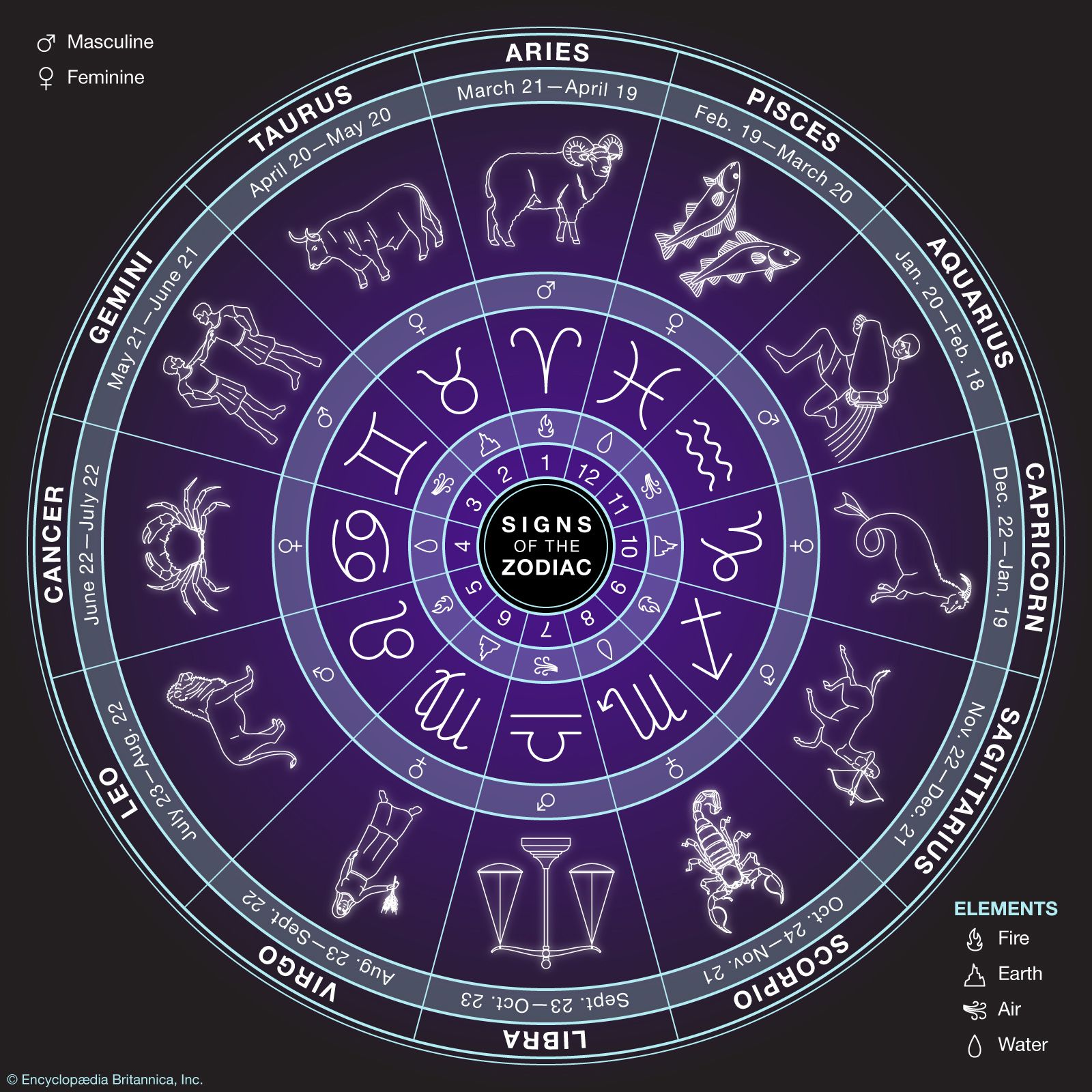Ask Science
Ask a science question, get a science answer.
Community Rules
Rule 1: Be respectful and inclusive.
Treat others with respect, and maintain a positive atmosphere.
Rule 2: No harassment, hate speech, bigotry, or trolling.
Avoid any form of harassment, hate speech, bigotry, or offensive behavior.
Rule 3: Engage in constructive discussions.
Contribute to meaningful and constructive discussions that enhance scientific understanding.
Rule 4: No AI-generated answers.
Strictly prohibit the use of AI-generated answers. Providing answers generated by AI systems is not allowed and may result in a ban.
Rule 5: Follow guidelines and moderators' instructions.
Adhere to community guidelines and comply with instructions given by moderators.
Rule 6: Use appropriate language and tone.
Communicate using suitable language and maintain a professional and respectful tone.
Rule 7: Report violations.
Report any violations of the community rules to the moderators for appropriate action.
Rule 8: Foster a continuous learning environment.
Encourage a continuous learning environment where members can share knowledge and engage in scientific discussions.
Rule 9: Source required for answers.
Provide credible sources for answers. Failure to include a source may result in the removal of the answer to ensure information reliability.
By adhering to these rules, we create a welcoming and informative environment where science-related questions receive accurate and credible answers. Thank you for your cooperation in making the Ask Science community a valuable resource for scientific knowledge.
We retain the discretion to modify the rules as we deem necessary.
view the rest of the comments

https://en.m.wikipedia.org/wiki/Axial_precession#Polar_shift_and_equinoxes_shift
Interesting. So you're saying that we'd need to add a new sign because there is a constellation in the sky today that wasn't visible 5000 years ago? That's pretty neat if I understand it correctly.
In case my question wasn't clear, I was only asking about the impact of the weather when a baby is born, and not about astrology. The only link to astrology is that the star positions change throughout the year.
But then wouldn't you also need to look at the temperature of the hospital/building they are in? Or the air pressure? Wouldn't that have a bigger effect on them seeing as the building would protect the baby from the weather outside?
I didn't mean like the moment they were born. I meant the overall conditions for the first several months of their lives.
Test your hypothesis. If it’s valid, you can make observations about people and from those you will be able to reliably predict their birthdate. Publish your results.